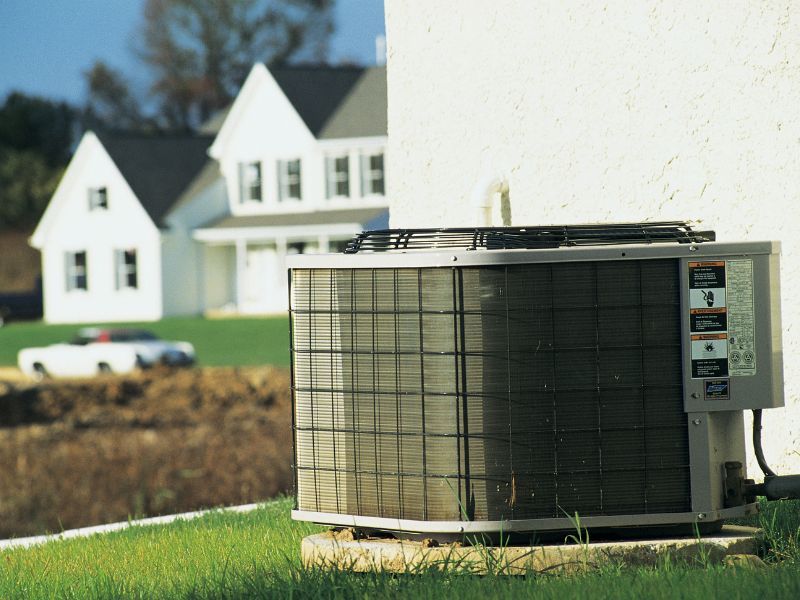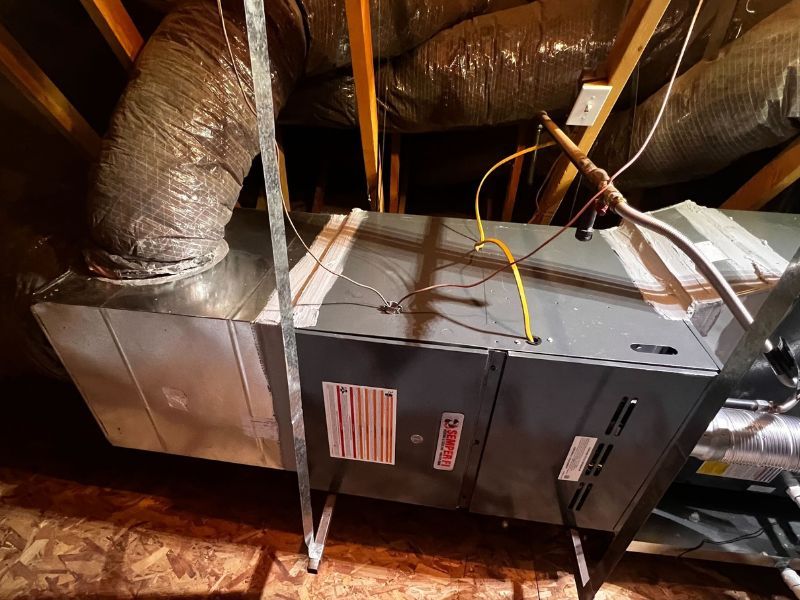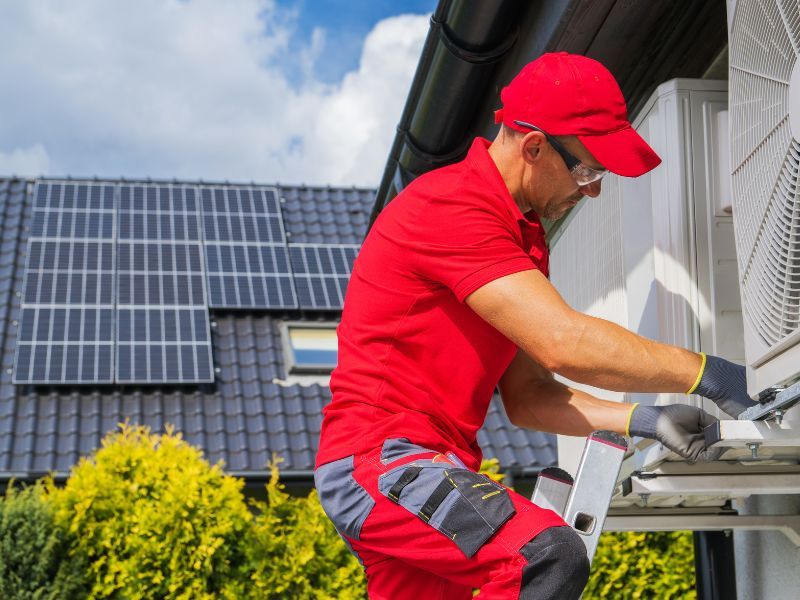What Is Air Filtration?
Air filtration is the process of removing particles, contaminants, pollutants, and allergens from the air through the use of filtration systems. In various settings, including HVAC systems, air purifiers, and industrial processes, air filtration plays a critical role in improving indoor air quality and ensuring a healthier and more comfortable environment.
Air filtration is essential for preventing the spread of airborne contaminants, improving respiratory health, reducing allergy symptoms, and creating a more pleasant and hygienic indoor space. Different environments require different levels of filtration, with medical facilities, laboratories, and industrial settings often requiring higher-efficiency filters to maintain clean and safe air quality.
People Also Ask About Air Filtration
How does air filtration work?
Air filtration involves the use of filters made from porous materials that allow air to pass through while capturing airborne particles. As air flows through the filter, particles are trapped and prevented from circulating in the indoor environment, resulting in cleaner and healthier air.
Why is air filtration important for indoor air quality?
Air filtration is crucial for improving indoor air quality by reducing the presence of allergens, dust, pollen, mold spores, bacteria, and other harmful particles. This helps prevent respiratory issues, allergies, and the spread of airborne contaminants.
How often should air filters be replaced?
The frequency of air filter replacement depends on factors like the type of filter, the level of filtration required, and the environment. Generally, it’s recommended to replace filters every 1 to 3 months, although filters in high-traffic or industrial areas might require more frequent changes. Regular replacement ensures the filters continue to effectively capture particles and maintain optimal indoor air quality.
HVAC System Cost & HVAC Reviews
Related Pages
Categories


